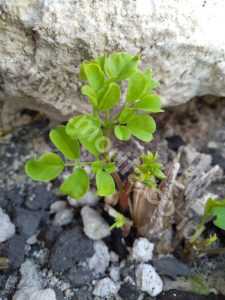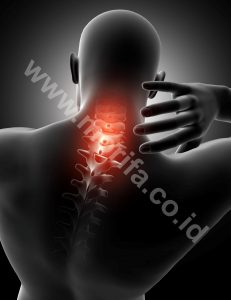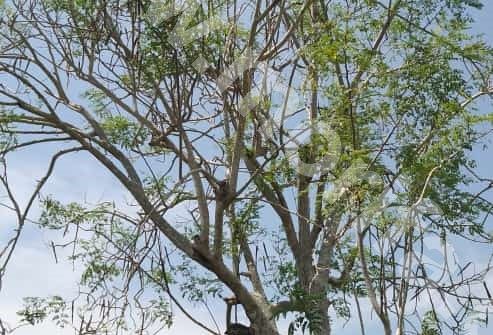3 Important Minerals in Moringa Oleifera Oil
Minerals such as copper, iron, calcium, potassium are nutrients the body needs in certain amounts in order to maintain health. Like vitamins, minerals are essential nutrients for maintaining health and preventing disease. Minerals and vitamins act in an interactive manner. We need vitamins for minerals to work and vice versa. Without each other, some vitamins or minerals will not function properly. The biggest difference between vitamins and minerals is that minerals are inorganic compounds whereas vitamins are organic. Moringa Oleifera Oil contains plenty of minerals our body needs. Here are some of the minerals found in moringa Oleifera Oil.

1. Calcium
Milk is the most familiar source of calcium. Drinking milk regularly ensures that the body has strong and well-growing bones. Bones continue to grow and develop until we are 30 years old. After that, bone growth is not as fast as it shrinks. If the body does not get enough calcium, bones will become brittle by the age of 50. However, calcium can slow down this process.
Calcium is the most important mineral for the body. About 2-3 percent of our body weight is calcium. About 98% of them are stored in bones and teeth while 1% are in the blood. In addition to maintaining bones and teeth, calcium also helps with muscle contraction and relaxation as well as blood clotting, hormone function, enzyme secretion, absorption of vitamin B12 and prevention of kidney stones and heart disease.
Moringa contains 440 mg calcium in every 100 grams of fresh leaves and 200 mg in every 100 grams of dry leaves. It is 17 times more than calcium in milk and 8.79 times more in its bioavailable form.

2. Copper
Copper is an important trace element for most living creatures, including humans. This substance is needed to absorb and utilize iron. Copper is involved in the absorption, storage and metabolism of iron. The effect of copper on health is as part of an enzyme. The symptoms of copper deficiency are similar to those of iron deficiency anemia. Copper can be absorbed by the stomach and small intestine mucosa, but mostly absorbed by the small intestine. Copper found in blood binds to proteins.
Moringa contains 3.1 mg copper in every 100 grams of pods, 1.1 mg copper in every 100 grams of fresh leaves. This means that moringa has 28 times more copper than oranges, and other foods.
3. Iron
Stored in red blood cells, iron carries oxygen to body cells and carries carbon dioxide out of the body. Iron works supporting muscle function, enzymes, protein and energy metabolism. Iron deficiency causes anemia, fatigue, weakness, headaches and apathy.
There are two types of iron in foods: heme iron is easily absorbed by the body and is found in meat, poultry and fish. Non-heme iron is more difficult for the body to absorb and is found in plants such as Moringa, broccoli, spinach and kale. The body can absorb 20-40 percent of iron from animal sources and 5-20 percent of iron from vegetable sources. More vegetables need to be consumed to get the iron they need. To increase iron absorption, we need to consume Moringa Oleifera Oil.
For your inquiry about moringa oil/moringa powder :
Contact us :
E-mail: [email protected]
Phone: +6221-2903 4428
Fax: +6221-2903 4429
Sales Mobile/Whatsapp: +62813 8063 7778
Read more :

